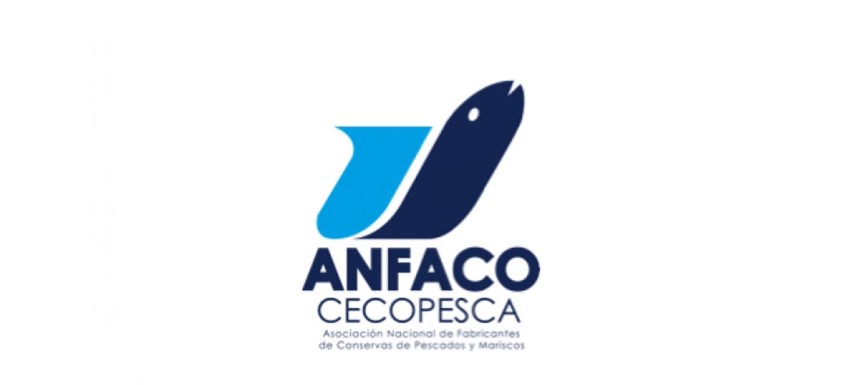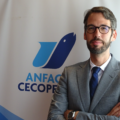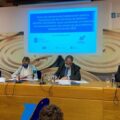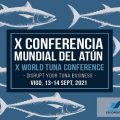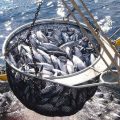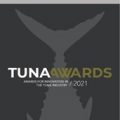Anfaco demands the exclusion of tuna in free trade agreement with Thailand
The National Association of Manufacturers and Marketers of Seafood Products, Anfaco-Cecopesca, is very alarmed at the conclusion of a new free trade agreement between the European Union and Thailand that was announced by the European Commission this week.
According to the most recent data presented by FAO, Thailand has become the leader in canned tuna production, exceeding 550,000 tons and obtaining a large share of its market in the EU despite not having fully preferential market access.
According to Anfaco-Cecopesca, if the Spanish and international market were to open up to allow the entry of Thai tuna, this would have a negative effect on the canning industry. This would be due to the strong health, social and environmental standards that this industry meets and would no longer be able to compete with tuna from Thailand. This would jeopardize the 15,000 jobs in Spain directly related to this activity.
In view of the resumption of trade negotiations with Thailand by the Spanish government, the National Association of Canned Food Manufacturers (Anfaco) has expressed its concern. They demand a “total exclusion” for tuna, and therefore want effective mechanisms to be put in place to ensure in the long term that no canned tuna contains tariff benefits.
The status of the industry was widely discussed, with some people defending the current values and practices, while others believed that there should be an overhaul of the sector to improve it.
The Association of Cannery Manufacturers (Anfaco) has decided to launch a campaign to try to get the EU and Thailand to hold respectful talks with the Spanish and EU industrial fabric. If this were not to happen, it would have serious social and economic consequences in the regions where many century-old industries committed to local development are located.
Roberto Alonso – Anfaco’s Secretary General – points out that the news about Thailand is a very serious cause for concern due to its democratic shortcomings and ethical principles in opposing EU regulations. The EU has decided to reduce tariffs, which is a major threat to their canning industry, so they will actively demand their exclusion to avoid the destruction of history, employment and industrial leadership. They will not allow such a loss.
Anfaco experts highlight the current difficult political situation in Thailand. The general who carried out the 2014 coup is still in command and could hold general elections in 2023. This causes conflicts and mistrust regarding the little progress promised by the Thai government, especially on social, labor and environmental issues. In addition, the country has not ratified several international conventions relating to freedom of association, the right to organize, and occupational safety and health.

